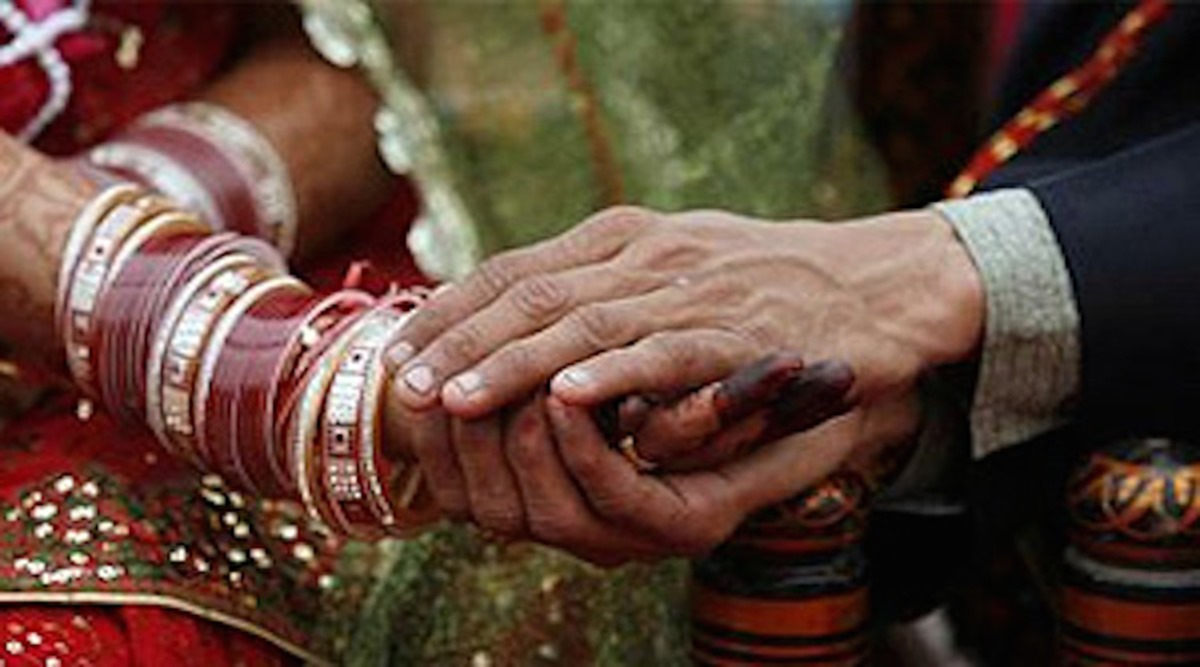 More so, to do this at a time of grave economic and social anxiety makes little sense since the existing law meets global standards and is robust in itself,” said Renu Khanna from SAHAJ. (Representational)
More so, to do this at a time of grave economic and social anxiety makes little sense since the existing law meets global standards and is robust in itself,” said Renu Khanna from SAHAJ. (Representational)To shed light on the state-level ramifications of the Centre’s proposal to reconsider the minimum marriage age for women, a Gujarat civil society collective has prepared a memorandum to be submitted to state government authorities including state commission for protection of child rights (GSCPCR), state commission for women, education and health department.
The five non-government organisations include SAHAJ – Society for Health Alternatives headquartered in Vadodara, Shai-shav in Bhavnagar, ANANDI – Area Networking and Development Initiatives Ahmedabad, Child Rights Collective, Gujarat and Sah-iyar Stree Sangathan in Vadodara.
“We want to bring evidence and expertise built over three decades of working at the grassroots in urban and rural Gujarat to make a case for not increasing the legal age of marriage for women from 18 to 21 years. We reiterate that increasing the age at marriage may prove to be in fact more detrimental. More so, to do this at a time of grave economic and social anxiety makes little sense since the existing law meets global standards and is robust in itself,” said Renu Khanna from SAHAJ.
“Amongst the major determinants of early marriage one is poverty, the second is the patriarchal control over a girl’s sexuality and a third is the failure of the education system to create a viable alternative. These have to be recognised and addressed squarely if we have to address the issue of early marriage,” the memorandum states.
It further points out that there is a need to revisit some of the fundamental determinants that have proven to be effective over time in empowering young women to take their own decisions about their lives and bodies. For this, the conversation must move from age to agency.
“Currently, according to available evidence, increasing the age of marriage is not a priority or even a necessity. We must focus on better and more accessible schools, more sensitive and widely-available sexual and reproductive health services, a more robust nutrition programme, laws that protect and don’t criminalise, and a system that recognises the agency of young people over their own lives,” the memorandum adds.